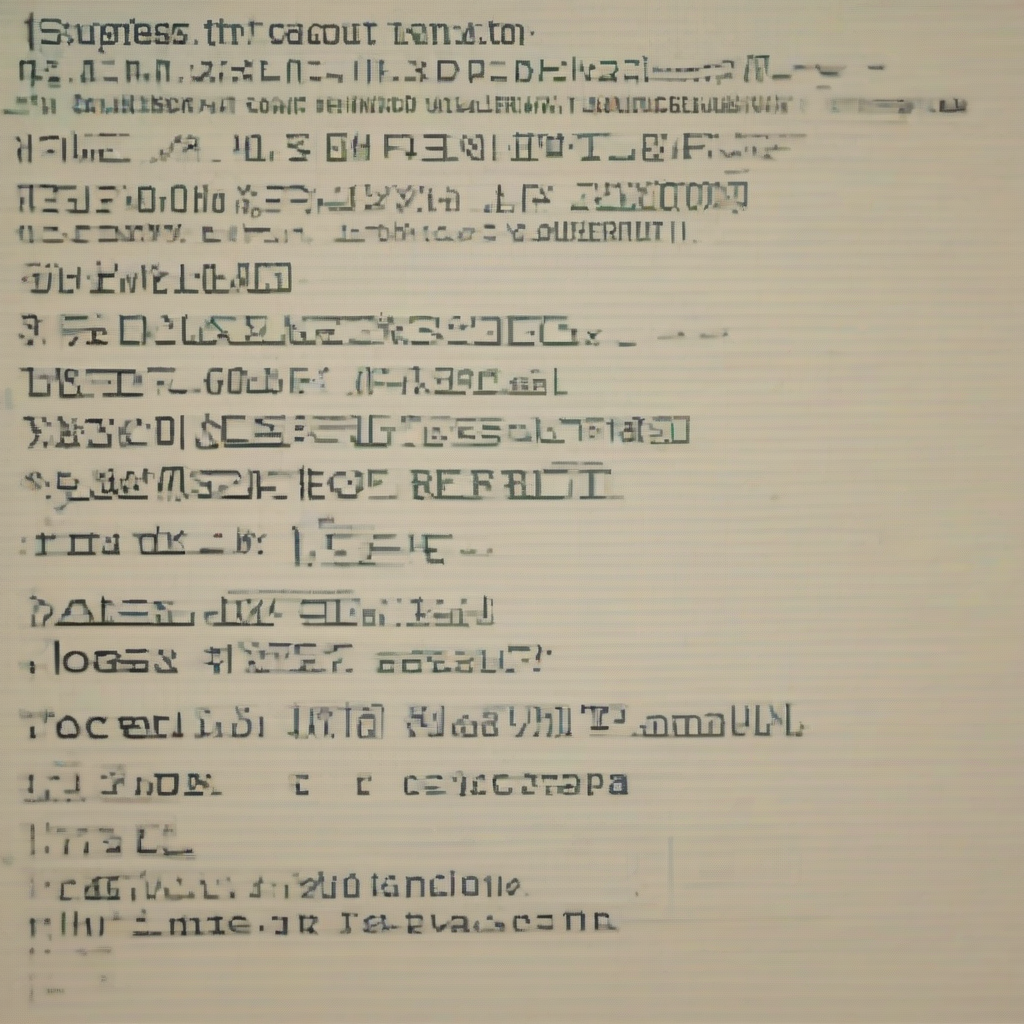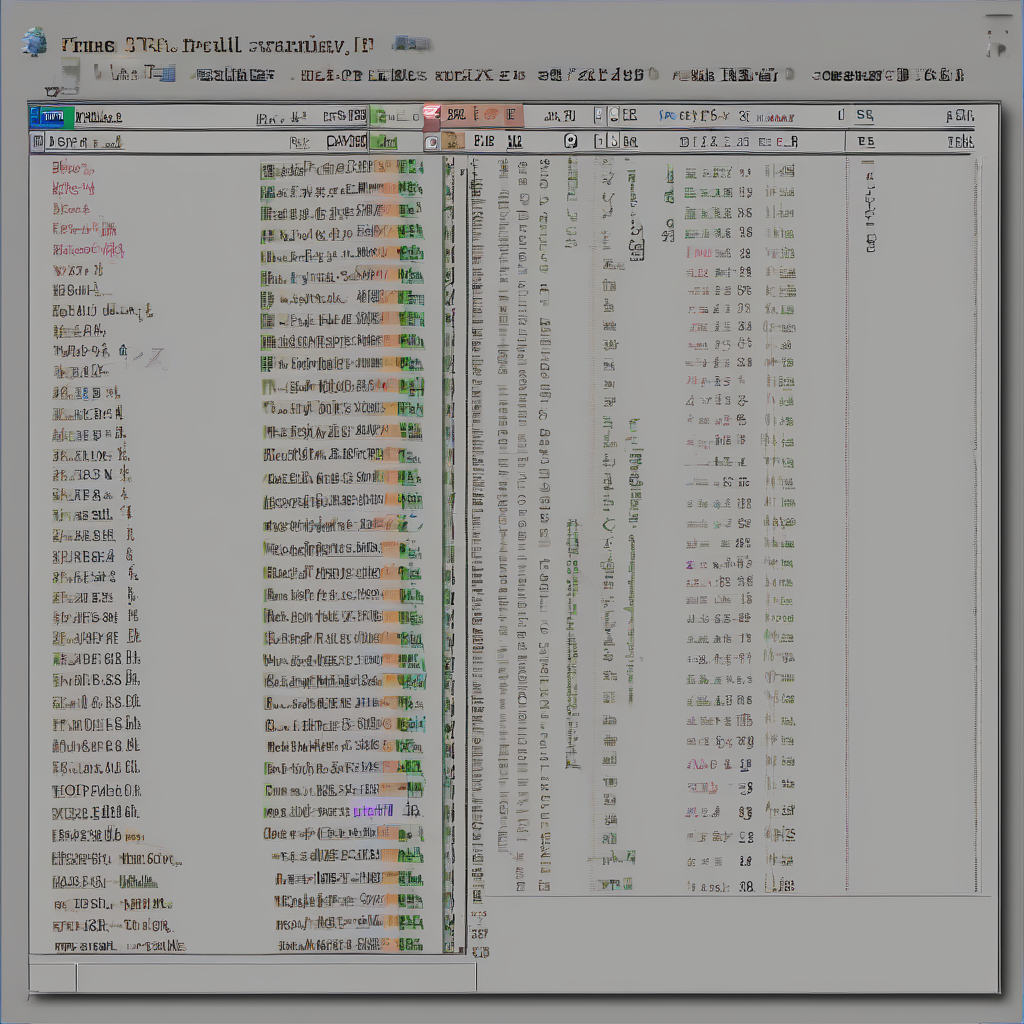QB Software Free Download: A Comprehensive Guide to Finding and Utilizing Free QuickBooks Alternatives
QB Software Free Download: A Comprehensive Guide to Finding and Utilizing Free QuickBooks Alternatives
The search for “QB software free download” often stems from the need for accounting software without the hefty price tag of QuickBooks. While a completely free, fully featured QuickBooks equivalent is elusive, numerous alternatives offer comparable functionality at no cost, or with generous free trials and affordable subscription models. This guide explores the landscape of free and low-cost QB alternatives, focusing on their strengths, weaknesses, and suitability for different user needs.
Understanding Your Needs Before Searching for Free QB Software
Before diving into the specifics of free downloads, it’s crucial to define your accounting requirements. Consider these factors:
- Business Size and Complexity: A sole proprietor needs far less sophisticated software than a large corporation with multiple departments and complex financial transactions.
- Number of Users: Will multiple employees need access to the software simultaneously? This impacts the scalability and collaborative features you need.
- Specific Features: Do you need inventory management, payroll processing, invoicing, bank reconciliation, or advanced reporting capabilities? Free options often limit these features.
- Platform Compatibility: Ensure the software is compatible with your operating system (Windows, macOS, etc.) and devices (desktop, laptop, mobile).
- Data Security and Backup: Prioritize software with robust security measures and reliable backup options to safeguard your financial data.
Exploring Free and Low-Cost QuickBooks Alternatives
The market offers several options that provide free or low-cost alternatives to QuickBooks. These aren’t direct replacements, but they can effectively handle accounting needs for many users.
1. Open-Source Accounting Software
Open-source software grants you access to the source code, allowing for customization and modification. This often comes with a steeper learning curve but offers high flexibility. Some popular options include:
- GNOME Accounting: A robust, user-friendly option suitable for small businesses and individuals. It offers core accounting features like invoicing, expense tracking, and basic reporting.
- Manager: A powerful and feature-rich open-source software that can handle complex accounting tasks. While more technical, its flexibility makes it suitable for businesses with specific needs.
- KMyMoney: Primarily focused on personal finance management, it can also be used for small business accounting, offering budgeting and financial tracking features.
Caveats: Open-source software might require technical expertise to set up and maintain. Support might be limited to online communities, and feature sets may be less polished than commercial products.
2. Free Trials and Freemium Models
Many accounting software providers offer free trials, allowing you to test the software’s functionality before committing to a subscription. Freemium models offer a basic version for free, with paid upgrades for advanced features. Examples include:
- Xero: A popular cloud-based accounting software with a free trial period. The free version might have limitations on features or the number of transactions.
- Zoho Books: Another cloud-based option with a free plan for small businesses. Limitations on features and users apply to the free version.
- Wave Accounting: A completely free accounting software for small businesses. It offers core accounting features, but lacks some advanced functionalities available in paid versions of other software.
Caveats: Free trials are temporary, requiring a subscription for continued use. Freemium models often restrict access to critical features unless you upgrade to a paid plan.
3. Spreadsheet Software (Excel, Google Sheets)
While not dedicated accounting software, spreadsheets like Microsoft Excel and Google Sheets can be surprisingly effective for basic accounting tasks, particularly for sole proprietors and very small businesses. You can create custom templates for invoicing, expense tracking, and basic financial reporting.
Caveats: Manual data entry is prone to errors. Spreadsheet software lacks the built-in security and advanced features of dedicated accounting software. Scalability can become an issue as your business grows.
Evaluating Free QB Alternatives: A Checklist
Before downloading and using any free QB alternative, carefully assess its suitability against your needs. Consider the following:
- Ease of Use: How intuitive is the software’s interface? Can you easily navigate the features and complete your tasks?
- Feature Set: Does the software offer the features you require (invoicing, expense tracking, reporting, inventory management, payroll)?
- Scalability: Can the software adapt to your business’s growth and changing needs? Will it still be suitable as your business expands?
- Security and Data Backup: How does the software protect your financial data? What backup options are available to prevent data loss?
- Customer Support: What level of customer support is available? Are there online resources, documentation, or a dedicated support team?
- Integrations: Does the software integrate with other tools you use (e.g., bank accounts, payment gateways)?
- Compliance: Does the software comply with relevant accounting standards and regulations?
The Importance of Data Security and Backup
Regardless of the software you choose, data security and backup are paramount. Your financial data is highly sensitive, so protect it meticulously. Consider these steps:
- Strong Passwords: Use strong, unique passwords to protect your accounts and data.
- Regular Backups: Regularly back up your data to a secure location, either locally or in the cloud.
- Software Updates: Keep your accounting software up to date with the latest security patches.
- Antivirus Software: Use reputable antivirus software to protect your computer from malware and viruses.
- Data Encryption: If possible, use data encryption to protect your sensitive financial information.
Conclusion: Making an Informed Decision
The quest for “QB software free download” leads to a range of options, each with its own strengths and limitations. Carefully evaluate your specific accounting needs, consider the features and limitations of free alternatives, and prioritize data security. By making an informed decision, you can find a cost-effective solution that meets your business’s requirements without compromising on essential functionalities.




